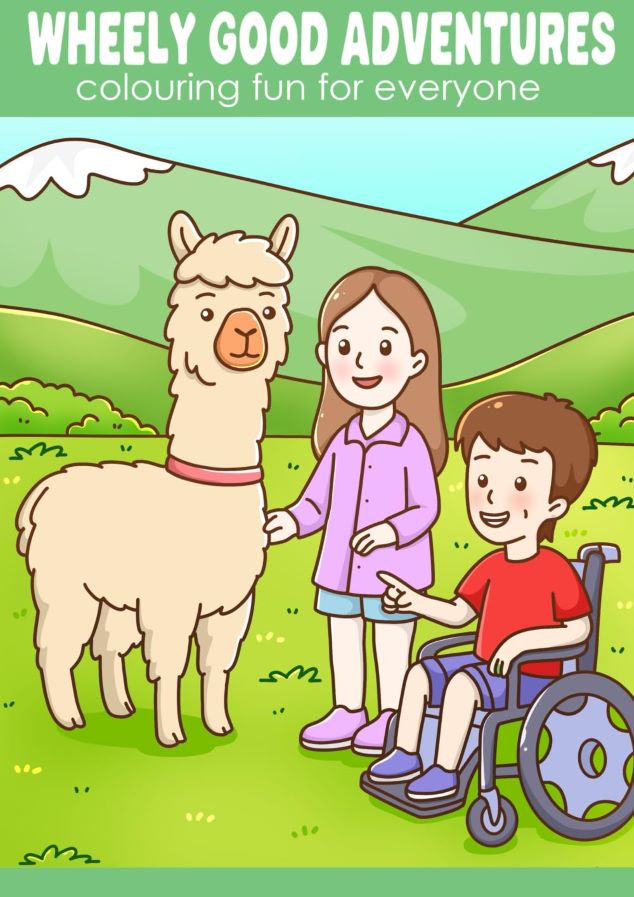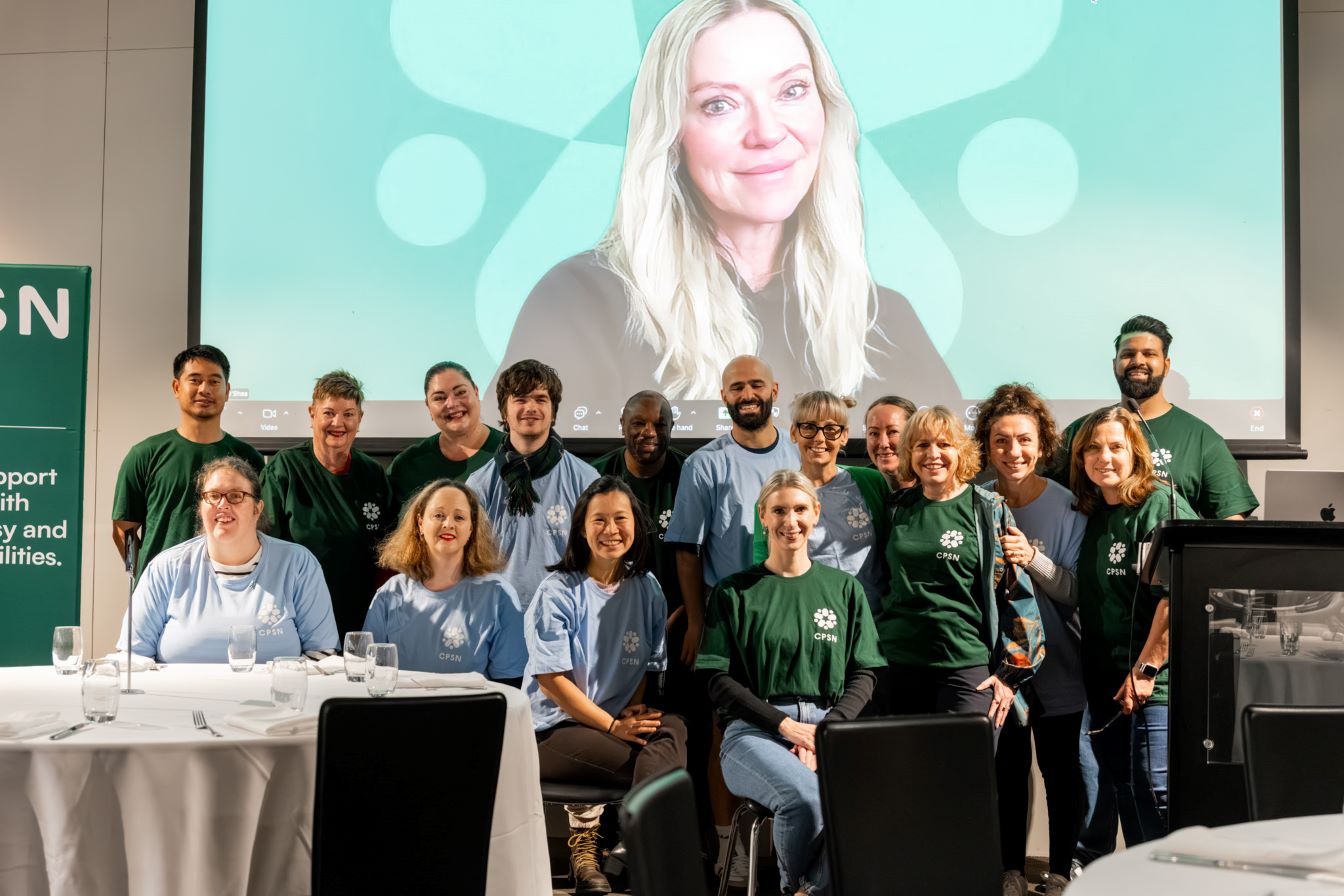A recent study of 23 adults with cerebral palsy highlighted the importance of individuals with cerebral palsy "being set up" for success during their early years. An individual's own determination, and having supportive parents and teachers were key to the participants' positive functioning as adults.
Many people with cerebral palsy experience substantial difficulties in negotiating major challenges of adulthood, such as completing higher education, gaining employment, living independently from their parents, and attracting intimate partners.
The researchers of the study, who had backgrounds in varied disciplines, qualitative research expertise, and lived experience of cerebral palsy, interviewed 23 adults with CP aged 18 – 47 years old. These adults had varying levels of functional mobility, about one third experienced some issues with communication. Over half of these adults were studying or employed, just under half were living independently of their parents, and two were parents themselves.
In the interviews, participants talked about negotiating the many challenges of adulthood, including education, employment, living situations, family, relationships and friendships, travel, fitness, and health.
How adults with cerebral palsy can successfully negotiate and make the most out of their life
Participation in daily life for adults with cerebral palsy are influenced by their positive self-esteem, well-honed social skills, and physical fitness. Negotiating challenges became easier when adult activities are within accessible and accommodating environments.
Finding a way included drawing on knowledge and skills, gravitating toward those who are comfortable with difference, maintaining function, and using natural (e.g. family) and paid support (e.g. support workers).
One of the researchers, Prof. Christine Imms, from Apex Australia Foundation Chair of Neurodevelopment and Disability at the University of Melbourne, says participants highlighted that their experiences of success were likely to occur in situations where they felt positive about themselves, had good social skills, and were physically fit.
"It's important that adults with cerebral palsy use the same strategies that adults who don't have cerebral palsy use, if relevant. For example, use the same strategies for finding a job, or using the same methods for meeting people, such as dating apps." Prof. Imms said.
Prof Imms suggested making sure people used a combination of friends and family together, with paid support in an ongoing capacity. "Surround yourself with 'good people' who can help to build confidence," she said.
How parents can best prepare for their child's transition to adulthood
The key learnings from this study are also valuable for parents of children with cerebral palsy. Prof. Imms, says parents might find value in knowing that setting a "can do" attitude for their child and providing support for learning is valuable.
"Being determined helps people reach their goals. Parents and teachers can foster this sense of being through supported experiences and encouraging persistence. Helping your child to be accepted for who they are – at home, at school, in the community – underpins the development of self-confidence and value," Prof. Imms said.
What are the learnings in navigating the challenges of cerebral palsy for adults?
The research findings suggest that success lies in an adult's formative experiences. Experiences of sibling support, of acceptance and support with school involvement, and of developing skills for making friends, were all key themes of the research.
The focus for change should be on greater understanding and acceptance of people with cerebral palsy, as well as creating healthy expectations for future achievement supported by practical and emotional support. Individuals with cerebral palsy will also benefit from involvement in activities that promote a healthy lifestyle.
To read the full research article, click here

Do you have a question about our free membership services? Click here to learn more on our Member Services page, or get in touch with our team on (03) 9478 1001 or via email: cpsn@cpsn.org.au
CPSN




